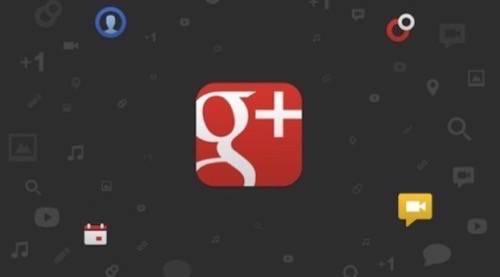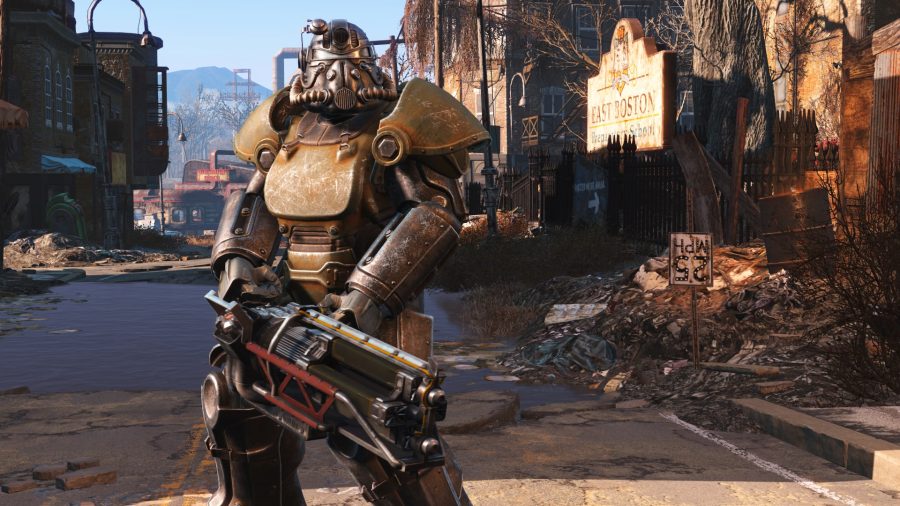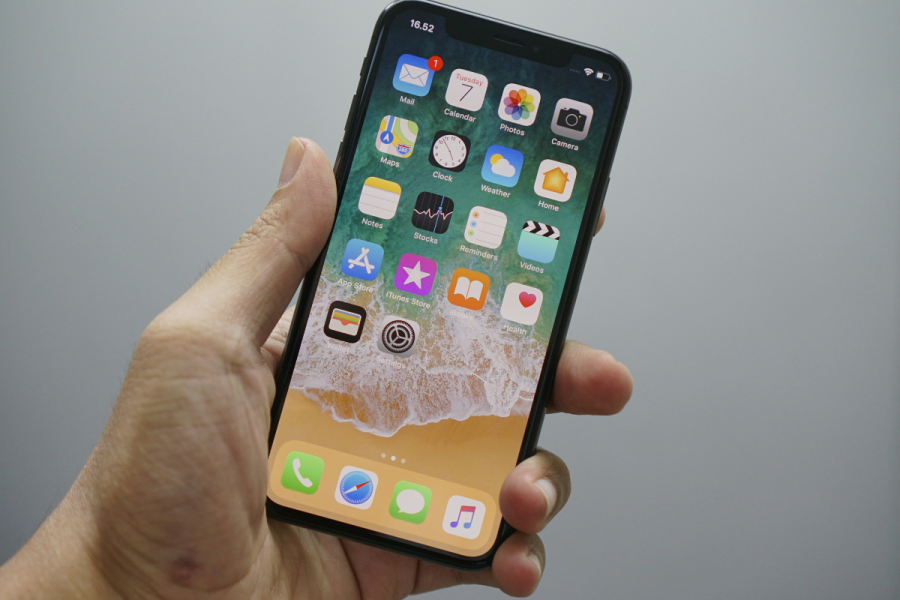
On Monday, Google SVP of Engineering Vic Gundotra posted a quietly confident Google+ message. Google+’s user numbers are well into the hundreds of millions, and Google bought photo app company. As Twitter and Facebook work hurriedly to reinvent their businesses, Google plugs along, stuffing Google+ into its dominant properties and adding more and more users to its quiet “social layer.” But Monday’s acquisition signals bold moves coming soon.
Google announced the acquisition of German app company Nic Software, makers of the best quick photo editor for iOS, as well as a Mac version. Snapseed is a powerful app that can repair, clean up or beautify iPhone photos in a matter of seconds. But its interface is also easy and intuitive for editing on a touchscreen. It doesn’t translate so well to the Mac, but it still produces nice results there.
Google has pushed Google+ as a home for photographers since the get-go, and it already packs a pretty good photo editor on its desktop version. If Google rolls Snapseed into its mobile apps, it’ll be a force to be reckoned with in mobile photos.
The question is, does Google kill the standalone Snapseed app or not? If it does, that will be a tragedy, and it’s probably not a good idea for Google, anyway. If it remains a standalone app, Google can use it to push more iOS users to Google+, just as it does with Chrome for iOS by featuring Google+ as the main sharing option.

Google+ has reached 100,000,000 monthly active users. Over 400,000,000 people have “upgraded” their Google accounts to Google+, and a quarter of them check the social service once a month or more. In fairness, many of them can’t really help it; Google has rammed Google+ notifications into the Gmail interface in several places. But that’s a lot of available attention no matter how you slice it.
As always, the challenge for Google+ is to move a substantial amount of social activity away from Twitter and Facebook, where people already live. While 400,000,000 “upgraded” accounts represents a good chunk of people who are at least on Google+ in some sense, that doesn’t mean they’re paying attention at all. As Facebook learned at the beginning of its ascendancy, photos are the best way to get people to pay attention.
Can Google convince people that their photos will look better on Google+, thanks to its editing prowess? Will its instant-upload features, shared galleries for events and its upcoming History tab feel more natural and genuine than Facebook’s features? Unlike Facebook, which must find a new business pronto, Google has the luxury to be able to wait and see.






